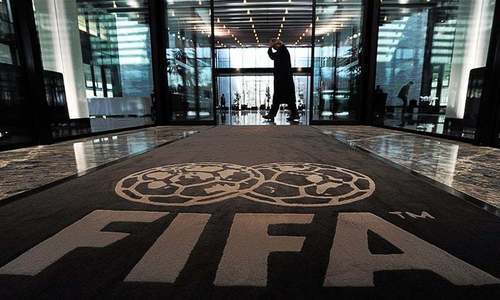DOHA: Qatar is running out of time to stamp out widespread serious labour abuse for tens of thousands of migrant workers before hosting the 2022 World Cup, Amnesty International warned on Tuesday.
The rights watchdog said that despite well-publicised “nascent reforms” Qatar risked breaking its promises to deliver meaningful change before the Middle East hosts football’s biggest tournament for the first time.
“Time is running out if the Qatari authorities want to deliver a legacy we can all cheer, namely a labour system that ends the abuse and misery inflicted upon so many migrant workers every day,” said Amnesty’s Stephen Cockburn.
Although the Reality Check report focuses on conditions for all of the two million migrant workers in Qatar, not just the 30,000 on direct World Cup projects, Amnesty said Fifa had an “ongoing responsibility” to prevent abuse.
In response, football’s governing body said it welcomed Qatari labour reforms in recent months and its continued work with “stakeholders”.
The Amnesty report stated that despite reforms, conditions “for many migrant workers in Qatar remain harsh”.
Amnesty called on Qatar to strengthen and properly enforce current labour laws, tackle worker debt by increasing the minimum wage, stop passports being held by bosses and, crucially, to fundamentally overhaul the “kafala”, or sponsorship, system.
Amnesty also called for much better protection for some 175,000 domestic workers, who remain “out of sight and out of mind”.
“Holes in the reforms to date mean many workers are still stuck in harsh conditions, vulnerable to exploitation and abuse, while those who return home do so empty handed, with no compensation and no justice,” added Cockburn.
Published in Dawn, February 6th, 2019












































